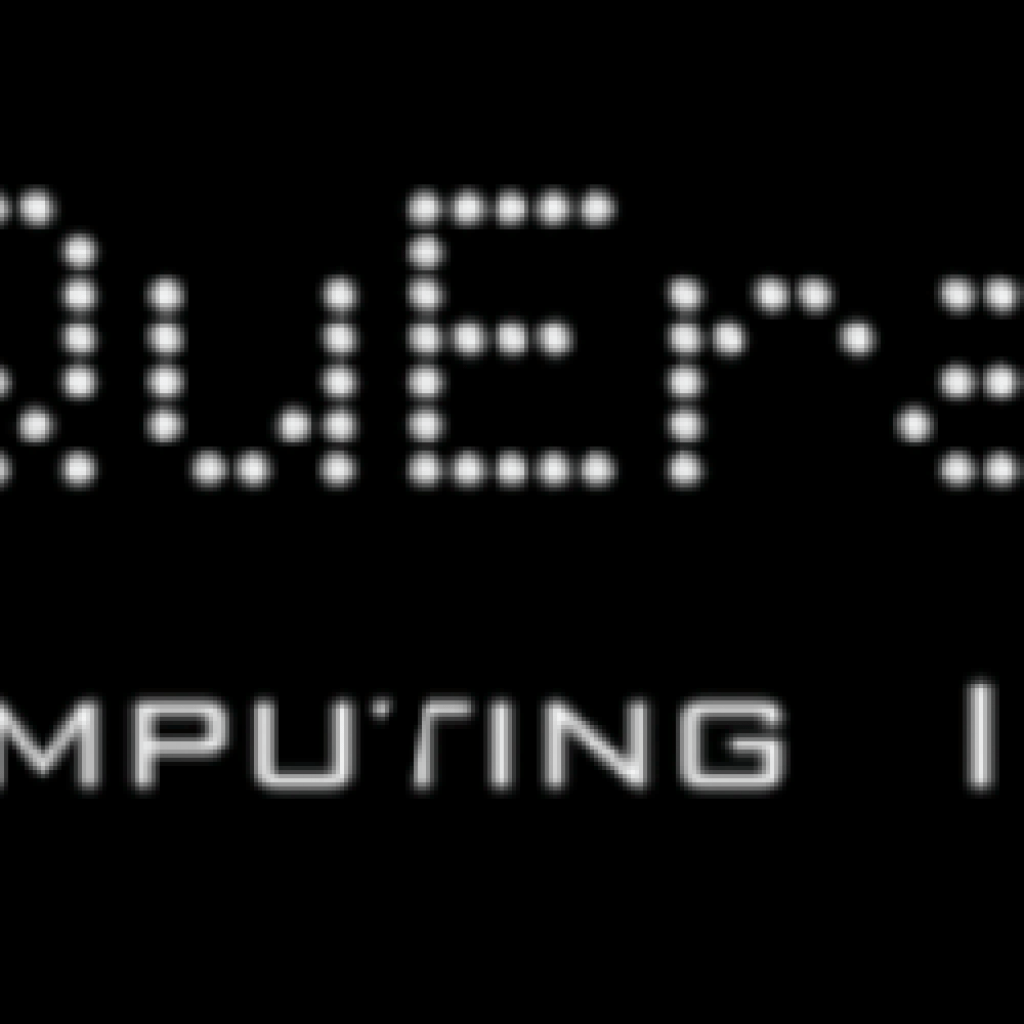Boston’s QuEra Computing announced that its research team has developed a method for using Rydberg atom arrays and neutral-atom quantum computers to perform a wider set of combinatorial optimization problems than previously understood.
The resulting paper, titled “Quantum optimization with arbitrary connectivity using Rydberg atom arrays” was published in Physical Review X, and draws from the work of QuEra researchers and collaborators from Harvard and Innsbruck Universities: Minh-Thi Nguyen, Jin-Guo Liu, Jonathan Wurtz, Mikhail D. Lukin, Sheng-Tao Wang, and Hannes Pichler.
“There is no question that today’s news helps QuEra deliver value to more partners, sooner. It helps bring us closer to our objectives, and marks an important milestone for the industry as well” said Alex Keesling, CEO at QuEra Computing. “This opens the door to working with more corporate partners who may have needs in logistics, from transport and retail to robotics and other high-tech sectors, and we are very excited about cultivating those opportunities.”
The company said the new method overcomes previous limitations in quantum system programmability that have been posed by hardware restrictions, such as the fact that “the native connectivity of the qubits for a given platform often restricts the class of problems that can be addressed,” QuEra noted in its announcement of the breakthrough. “For instance, Rydberg atom arrays naturally allow solving for maximum independent set (MIS) problems, but native encodings are restricted to so-called unit-disk graphs,” the statement added.
QuEra is offering up a new encoding method which significantly expands the class of problems which can be addressed with Rydberg atom arrays. The new classes of optimization problems that can be solved by neutral-atom machines include MIS on graphs with arbitrary connectivity, and quadratic unconstrained binary optimization (QUBO) problems with arbitrary or restricted connectivity.
This additional functionality could open up new applications in fields such as logistics scheduling and pharmaceuticals. For example, in pharmaceuticals the encoding method could support optimized protein design, allowing a quantum computer such as Aquila to support researchers to more efficiently identify the best samples to advance through trials, thus reducing the resources required for the drug development process, and enhancing the probability of approval.
These findings come a few months after QuEra’s Aquila became the first neutral-atom quantum computer publicly available through Amazon Braket.
Dan O’Shea has covered telecommunications and related topics including semiconductors, sensors, retail systems, digital payments and quantum computing/technology for over 25 years.
